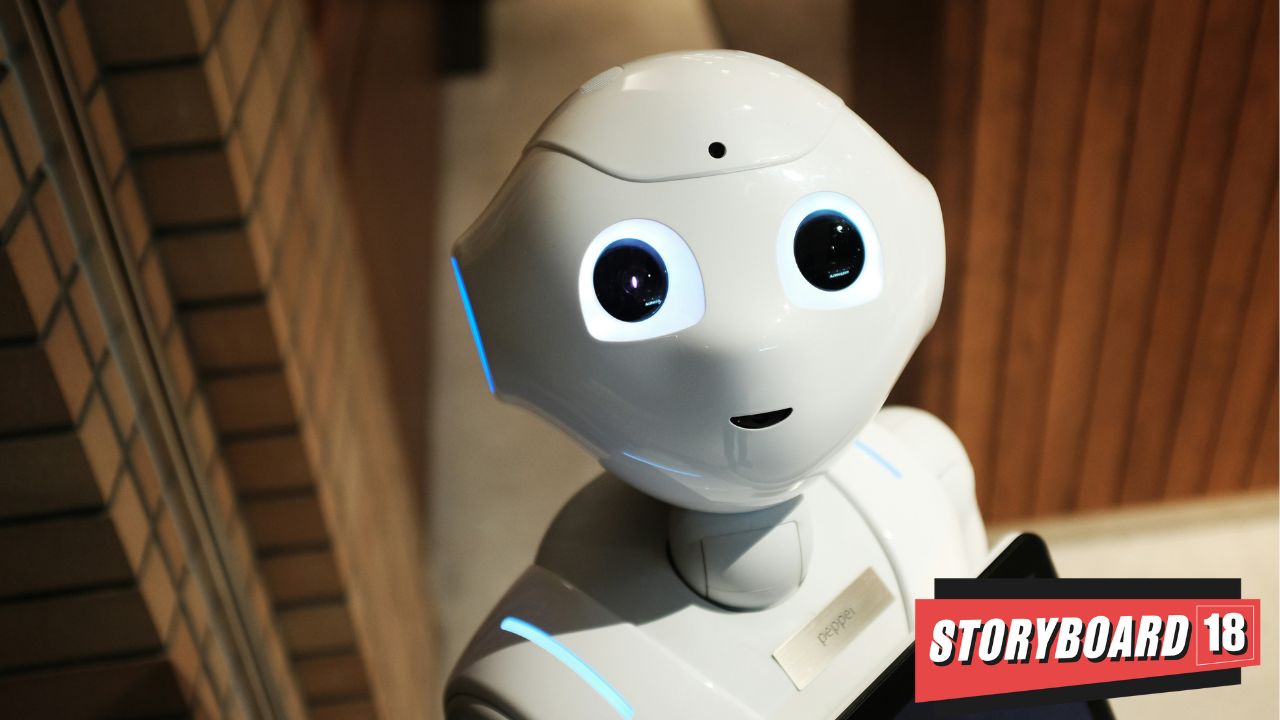AI has begun to impact the job market. While AI and job loss are top of mind for many, the data reported by the 2024 Work Trend Index Annual Report from Microsoft and LinkedIn offers a nuanced view—one with a hidden talent shortage, employees itching for a career change, and massive opportunity for those willing to skill up on AI.
Leaders are hiring: The majority (55%) of leaders say they’re concerned about having enough talent to fill roles in the year ahead. These leaders sit across functions, but the number jumps to 60% or higher for those in cybersecurity, engineering, and creative design, as per the report. 66 percent leaders would not hire someone without AI skills.
Professionals are looking: While some professionals worry AI will replace their job (45%), about the same share (46%) say they’re considering quitting in the year ahead—higher than the 40% who said the same ahead of 2021’s Great Reshuffle. And in the US, LinkedIn studies show a 14% increase in job applications per role since last fall, with 85% of professionals considering a new job this year.
“Over the past few decades, companies have been renegotiating the psychological contract— the why of work— with their employees, influenced by new
generations, labor trends, and the pandemic. Now companies must renegotiate the ‘operational contract’ —the how of work—with their employees as AI puts more power into the hands of workers in terms of the way the job gets done.” —Constance Noonan Hadley, Organizational Psychologist, Institute for Life at Work and Boston University Questrom School of Business.
The Hidden Talent Shortage
While employees fear job loss due to AI, most leaders worry they can’t fill key roles. When thinking of the year ahead, 60% of Creative Design leaders have expressed a moderate to major concern about not having enough talent to fill roles.
Leaders have already made their landgrab for technical AI talent, with hiring up 323% in the past eight years. Now they’re turning their sights to non-technical talent with AI aptitude—the skills to use generative AI tools like ChatGPT and Copilot:
66% of leaders say they wouldn’t hire someone without AI skills.
71% say they’d rather hire a less experienced candidate with AI skills than a more experienced candidate without them.
And junior candidates may have a new edge: 77% of leaders say, with AI, early-in-career talent will be given greater responsibilities.
While leaders recognize the value of bringing on new employees with AI aptitude, they’re missing the value of developing their own people:
45% of US executives are not currently investing in AI tools or products for employees.6
Only 39% of people globally who use AI at work have gotten AI training from their company.
Only 25% of companies are planning to offer training on generative AI this year, further cementing this training deficit.
